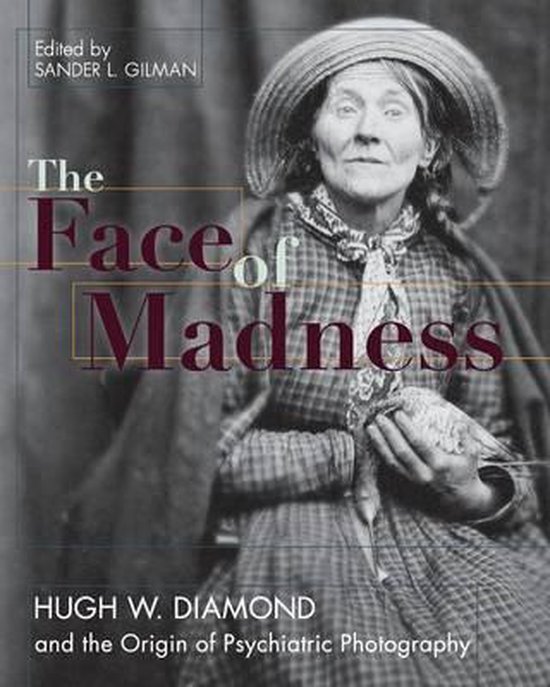The caretakers

Uiterlijk 8 november in huis
The Caretakers tells the powerful and profound story of the British cemetery gardeners who remained at their posts in France during the Nazi invasion of WWII, secretly aiding the French Resistance and providing safe haven for downed American airmen and safe passage for refugees.
When the First World War ended, hundreds of British veterans stayed in France to look after the graves of their fallen countrymen as part of the newly chartered Imperial War Graves Commission. Through the 1920s and 1930s, these veteran-gardeners married local women, raised bilingual children, and dedicated themselves to caring for their beloved dead.
In 1940, the Second World War swept over Europe, stranding the gardeners in Nazi-occupied France. Their bosses explicitly ordered the gardeners to remain at their posts, even when their villages were under attack by the invading Germans. While some managed to escape on their own, nearly two hundred gardeners were arrested by the Nazis. A handful of others managed to stay free and join the French Resistance. With their English-language skills and their unshakable loyalty to the Allied cause, the gardeners and their families took on crucial roles in the effort to save British and American airmen who were shot down in France, serving as interrogators, couriers, and hosts, sheltering the airmen in their own homes and, in some cases, even in the First World War cemeteries.
The Caretakers tells the surprising story of three of these unlikely heroes: Ben Leech, a 51-year-old barman from Manchester, became a cemetery gardener and joined the Resistance in Beaumont-Hamel, a tiny village whose name was synonymous with the disastrous British attack on the first day of the 1916 Somme campaign; Rosine Witton, the wife of a British gardener who was arrested and sent to a Nazi internment camp, became a key conductor on the famous Comet Line, a civilian network that rescued Allied airmen, personally guiding at least 75 airmen to safety before being arrested by the Gestapo and sent to the squalid Ravensbruck concentration camp; Robert Armstrong, an Irish cemetery gardener working in Valenciennes, avoided arrest for some time as Ireland never declared war on Nazi Germany, so was never technically classified as an enemy national during his time as a member of the Resistance.
Author Caitlin Galante DeAngelis also offers a timely remembrance to the vulnerable and working-class members of the War Graves Commission who were abandoned behind enemy lines by the organization tasked with protecting them. With meticulous research in national archives and the archives of the Commonwealth War Graves Commission, along with personal interviews of the families of British gardeners and American airmen and never-before-published journals and papers of Resistance members, author Caitlin Galante DeAngelis reveals untold stories of human courage, resistance, and survival.
- 1 Bekijk alle specificaties


Taal: en
Bindwijze: Hardcover
Oorspronkelijke releasedatum: 16 januari 2024
Aantal pagina's: 360
Hoofdauteur: Caitlin Galante Deangelis
Hoofduitgeverij: Prometheus Books
Product breedte: 160 mm
Product hoogte: 30 mm
Product lengte: 236 mm
Studieboek: Nee
Verpakking breedte: 160 mm
Verpakking hoogte: 30 mm
Verpakking lengte: 236 mm
Verpakkingsgewicht: 626 g
EAN: 9781633888999